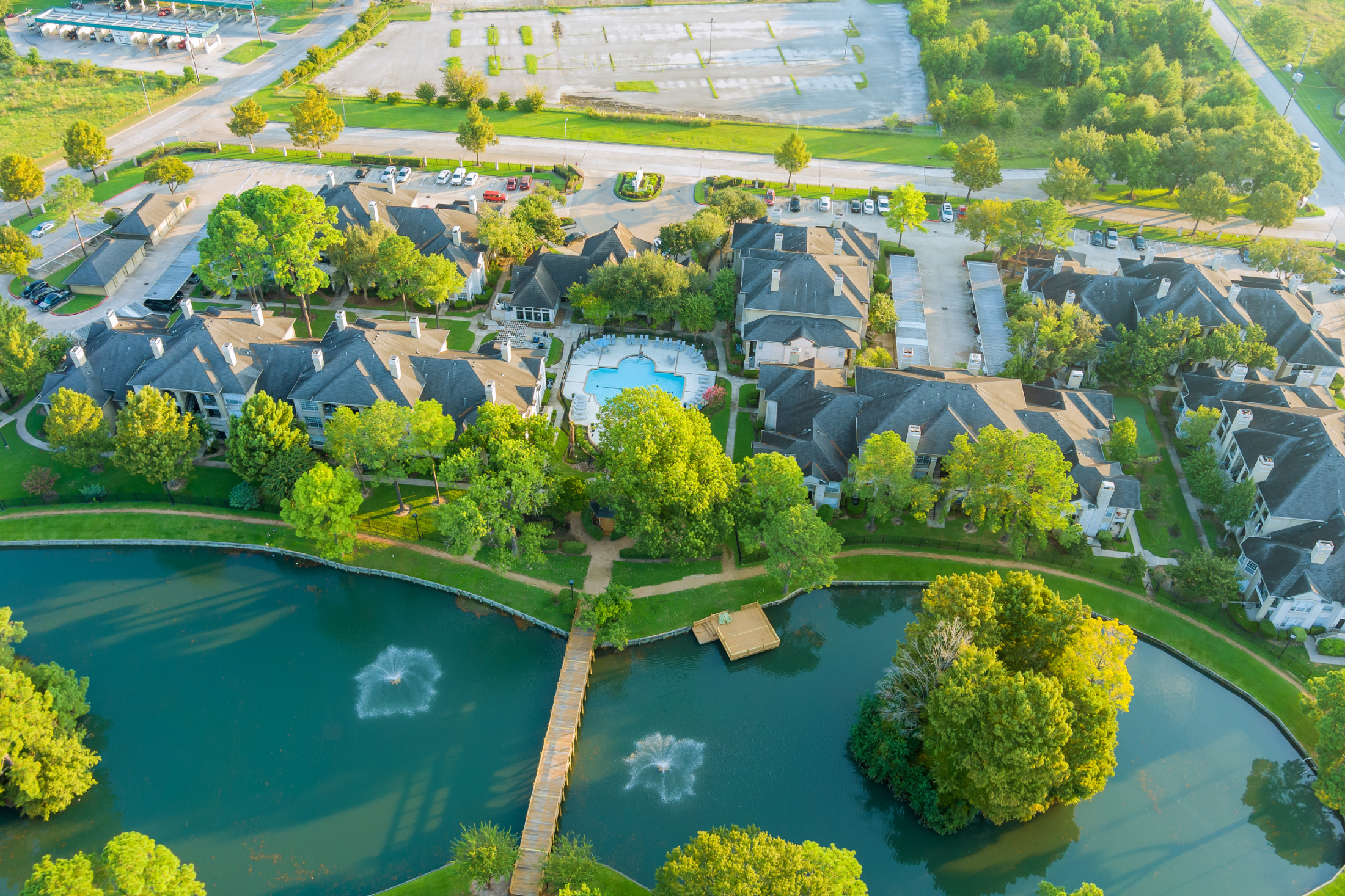No Pork, Just Pavement: Minnesota Passes $700M Infrastructure Package

In a show of bipartisan cooperation, the Minnesota Senate has approved a $700 million bonding package focused on critical infrastructure needs across the state. Authored by Sen. Jordan Rasmusson of Fergus Falls, the legislation passed on June 10 with broad support and was recently signed into law by Governor Tim Walz.
Designed to steer clear of controversial or partisan projects, the package zeroes in on core infrastructure priorities—roads, bridges, wastewater systems, and clean drinking water—while also creating thousands of construction jobs and unlocking access to federal matching dollars.
“This bill is about real needs, not pork,” said Rasmusson, who serves on the Senate Capital Investment Committee. “As someone who visited communities across the state, I saw firsthand how long-overdue many of these projects are. This package invests in the basics Minnesotans rely on every day.”
A major portion of the funding—$291 million—is dedicated to road improvements, bridge replacements, and wastewater upgrades. Additional allocations include:
- $42 million for the Local Road Improvement Program
- $20 million for the Local Bridge Replacement Program, plus $11 million for major bridge replacements
- $5 million for Township Roads
- $43.5 million each for Clean Water and Drinking Water Grants
- $6 million for drinking-water contamination mitigation statewide
Senate Minority Leader Mark Johnson praised Rasmusson’s efforts, noting his role in ensuring the bill focused on tangible needs. “Because of Sen. Rasmusson’s work, the taxpayers can trust that these bonding projects have been thoroughly vetted, meet the needs of the communities they serve, and will strengthen our economy across the state,” he said.
Minnesota Democrats also welcomed the bill’s passage, emphasizing the importance of addressing infrastructure challenges that impact public health, safety, and economic development. Many Democratic lawmakers expressed support for the bill’s investment in clean water access and its ability to bring real benefits to both rural and urban communities.
While some Democrats noted there are always additional needs to be addressed, the overall sentiment was that the bill represents a strong step in the right direction—prioritizing common ground over politics and delivering funding where it’s most needed.
In an era where gridlock often dominates headlines, this bonding bill stands out as a reminder that meaningful, bipartisan work is still possible—especially when it comes to protecting the essentials
RECENT










BE THE FIRST TO KNOW
More Content By
Think American News Staff











